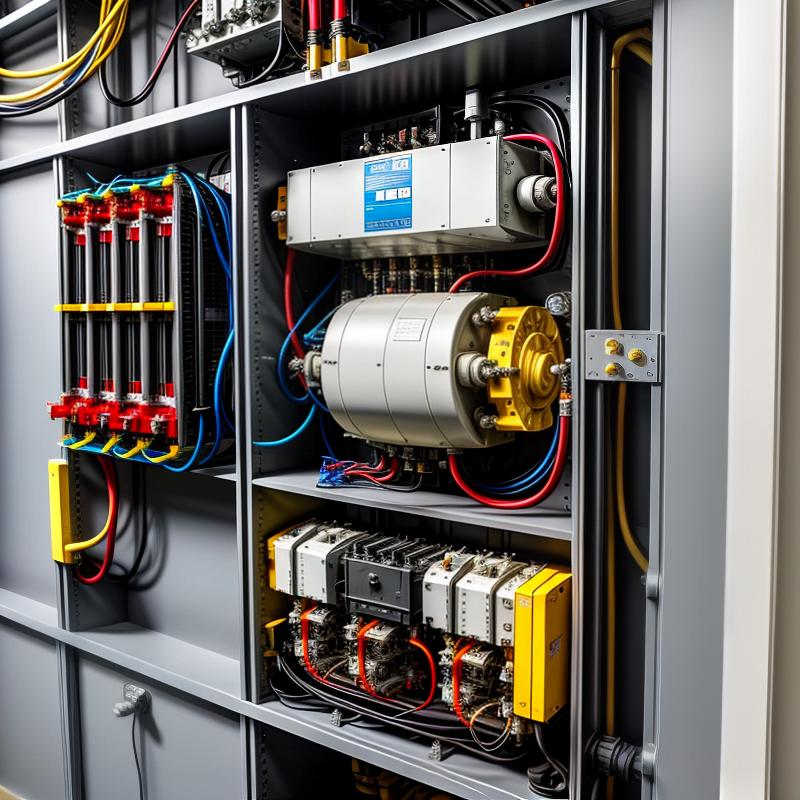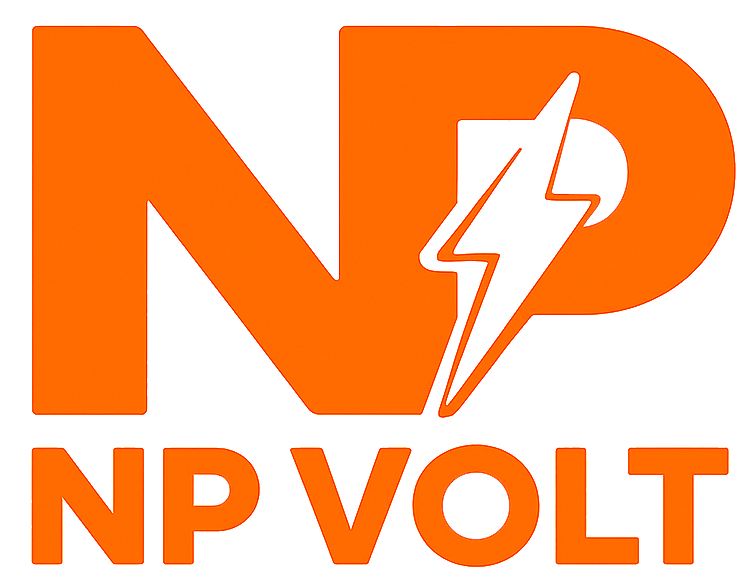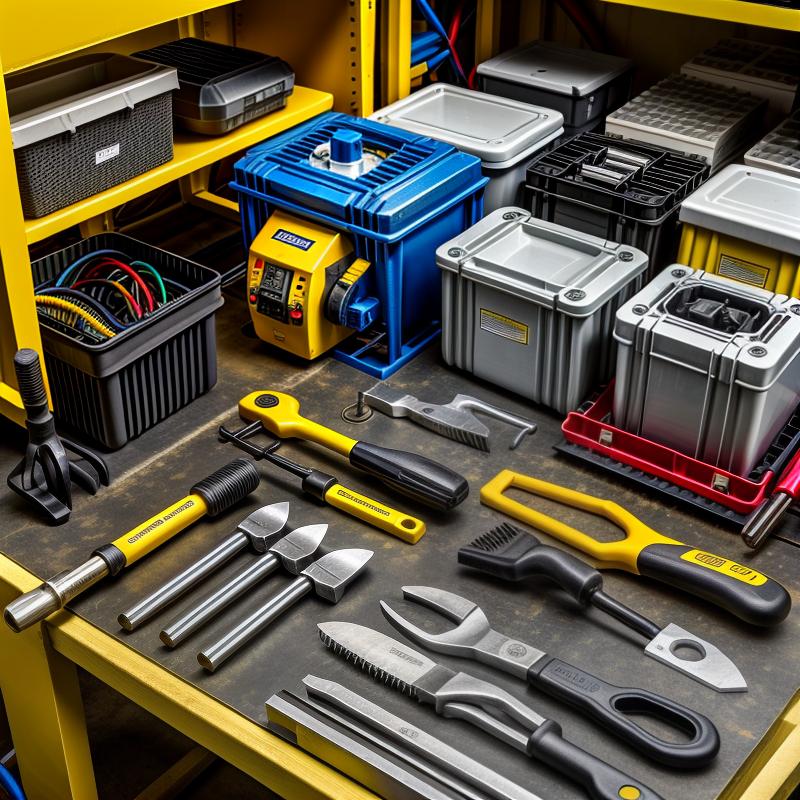Powering the Future of Energy Distribution
Reliable Substation Transformers for Optimal Performance
Discover how our cutting-edge substation transformers enhance power distribution efficiency and reliability across diverse applications.

Understanding Substation Transformers
Advantages of Substation Transformers
Substation transformers offer numerous benefits that enhance power distribution systems.
Enhanced Energy Efficiency
By reducing energy loss during transmission, substation transformers significantly improve the overall efficiency of power distribution networks.
Improved Voltage Regulation
These transformers ensure stable voltage levels, preventing fluctuations that can damage electrical equipment and disrupt service.
Increased System Reliability
Substation transformers contribute to the reliability of power systems by providing consistent performance and reducing the risk of outages.
Types of Substation Transformers
Step-Up Transformers
Designed to increase voltage levels from the primary to the secondary side, these transformers are essential for efficient long-distance power transmission.
Step-Down Transformers
These transformers reduce voltage levels to make electricity suitable for consumer use, ensuring safety and efficiency in residential and commercial applications.
Distribution Transformers
Used to provide the final voltage transformation in the electric power distribution system, they deliver electricity to end-users at the required voltage levels.
Power Transformers
These are high-capacity transformers used in transmission networks to manage high voltage levels, ensuring stability and efficiency in power distribution.
Isolation Transformers
Designed to decouple two circuits, these transformers provide safety by isolating the secondary circuit from the primary, preventing electrical shock hazards.
Autotransformers
These transformers use a single winding to serve as both the primary and secondary winding, offering a compact and cost-effective solution for voltage regulation.
Instrument Transformers
Specially designed to measure electrical quantities like voltage and current, these transformers are crucial for monitoring and protection in power systems.
Phase-Shifting Transformers
Used to control the flow of power in transmission networks, these transformers help in managing load distribution and improving system stability.
Operation of Substation Transformers
Step 1
Step 2
Step 3
Key Components of a Substation Transformer
Understanding Substation Transformer Components
Substation transformers are composed of several critical components that ensure their efficient operation. The core, typically made of laminated silicon steel, minimizes energy losses and supports the magnetic field. Windings, usually copper or aluminum, are crucial for conducting electricity and are insulated to prevent short circuits. The tank, filled with insulating oil, dissipates heat and provides cooling. Bushings allow safe electrical connections to external circuits. Tap changers adjust the transformer’s voltage ratio, ensuring stable output. Additionally, protective relays and circuit breakers safeguard the transformer from faults and overloads, maintaining system reliability.
Essential Maintenance Tips for Substation Transformers
To ensure your substation transformer operates at peak efficiency, regular maintenance is crucial. Start by conducting routine inspections to identify any signs of wear or damage. Check for oil leaks and ensure that the oil levels are adequate, as this is vital for cooling and insulation. Clean the transformer regularly to prevent dust and debris accumulation, which can lead to overheating. Additionally, test the insulation resistance and perform thermographic inspections to detect any hot spots. By adhering to these guidelines, you can significantly extend the lifespan of your transformer and maintain its optimal performance.
Get in Touch with NP Volt Solution Today
Are you ready to enhance your power infrastructure with a reliable substation transformer? At NP Volt Solution, we offer UL certified transformers at the best prices. Our expert team is here to provide you with all the information you need to make an informed decision. Whether you’re looking to purchase or need further details, don’t hesitate to reach out. Let us help you power your future efficiently and effectively.


